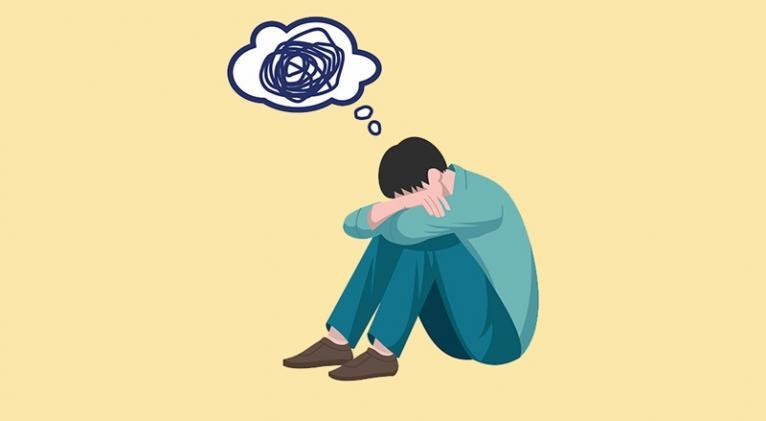Loneliness Causes 100 Deaths Every Hour, WHO Study Finds
especiales

A new report released today by the World Health Organization (WHO) reveals that loneliness is linked to approximately 100 deaths every hour, amounting to more than 871,000 deaths annually.
According to the study, one in six people experiences loneliness, which significantly impacts both health and overall well-being. In contrast, strong social connections—how individuals relate to and interact with others—are associated with better health outcomes and increased longevity.
Experts define loneliness as a distressing feeling that arises when there is a gap between the social relationships one desires and those one actually has. Social isolation, on the other hand, refers to the objective lack of social contacts.
“In an age when opportunities for connection are virtually limitless, more and more people find themselves isolated and alone,” said WHO Director-General Tedros Adhanom Ghebreyesus.
Although loneliness can affect individuals of all ages, the report highlights that young people and those living in low- and middle-income countries are especially vulnerable. It also warns about the excessive time spent in front of screens and harmful online interactions, particularly among youth, and their adverse effects on mental health.
The study identifies several contributing factors to loneliness and social isolation, including poor health, low income and education, living alone, the absence of community infrastructure and public policies, and certain aspects of digital technologies.
Loneliness and social isolation increase the risk of stroke, heart disease, diabetes, cognitive decline, and premature death. Lonely individuals are twice as likely to suffer from depression and are also more prone to anxiety and suicidal thoughts.
Conversely, strong social connections offer protective benefits throughout life. They reduce inflammation, lower the risk of severe illness, support mental health, and promote longevity.
The WHO is calling on governments, communities, and individuals to make social connection a public health priority.














Add new comment